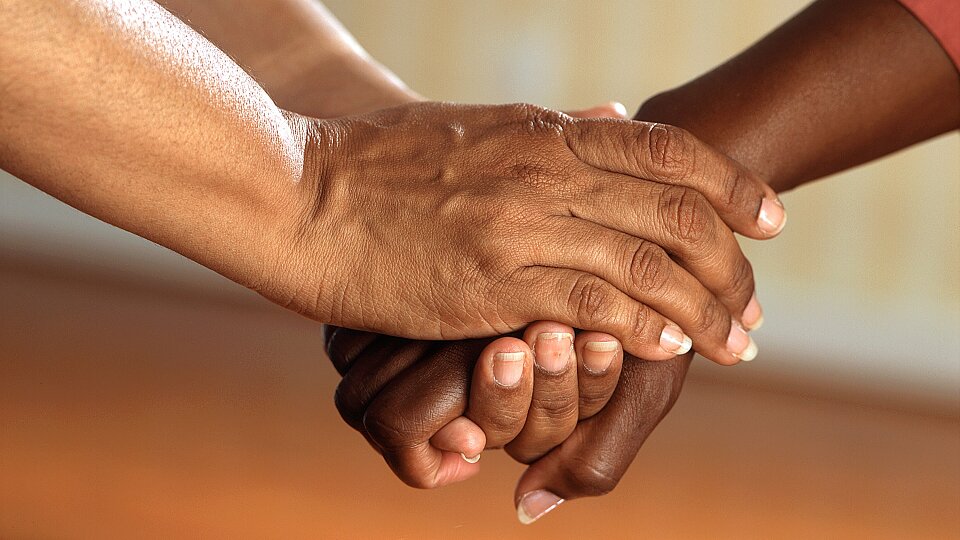What Juneteenth means to me
On June 17, 2021, I, along with all of Black America, anxiously awaited to see if President Biden would make monumental history by declaring Juneteenth a national holiday.
Juneteenth is a day that has been life-changing for the African American race and culture and while waiting, it allowed me time to reflect on what this moment meant to me. As a young woman of color, I find myself having similar conversations with women who have lived through past segregation, mistreatment due to race, inequality in the workplace and marching in the streets for justice, which consumes our present days.
Freedom is not a gift
I have heard the statement “I would have imagined that we would be further than this” ring through more than half of my conversations with community advocates.
While Juneteenth is now a national holiday, I remember the words of Kwame Nkrumah, “Freedom is not something that one people can bestow on another as a gift. They claim it as their own and none can keep it from them.”
This quote is the very breath that kept Juneteenth as a day to be celebrated within the Black communities without the stamp of approval. We thought about our ancestors who decided not to end their lineage because they lived in such a cruel time, but continue to birth generations of leaders, lawmakers and advocates who would end the written racial divide.
Juneteenth is a message of triumph
Within that blood line, we inherited resilience, empowerment, strength and wisdom that could not have been given to us by rigorous workouts or the reading of multiple novels. I think on the beauty of Black America and its many loud colors that have flooded the streets of many cities and states with one voice, with one message, and that is “We just want to matter.”
Juneteenth was the beginning of us mattering, but it was also the beginning of continuous battles uphill to prove ourselves to the masses and show that we are valuable to society.
The pandemic allowed us to see inequality among our neighbors
Recently, the pandemic has forced our eyes on injustice. There was no busy, hour-to-hour scheduling to avoid the truth or lunch meetings to talk about office gossip, but now all of our heads were directed toward our neighbor we had overlooked – racism.
Because of this point in time, the word inclusion has expanded by definition and has found a home within many companies and nonprofit organizations as they noticed the absence of its existence in their written handbooks.
Looking to the future
The year of 2021 is finally producing a shape of Africa on the shadow of America, as young girls point in awe at the television, seeing a woman who looks like them take a seat in the White House (Kamala Harris). As we watch the case of the man who kneeled air out of the lungs of a Black man whose daughter’s very words were “Daddy changed the world!” (George Floyd). We watched Amanda Gorman recite a well-written and powerful poem at the inauguration, even though our ancestors were denied the ability to learn how to read and write.
As we arrived to Juneteenth, there were small cookie crumbs dropped reminding us we were on the right path. Even though we still see injustice and we witness hate crimes, we must recognize that we also see black men and women changing the world, one action, one position and one quote at a time.
Written by Keri Pettis, manager/director of the Buckner Family Hope Center at the MLB Youth Academy in West Dallas.




Add a Comment